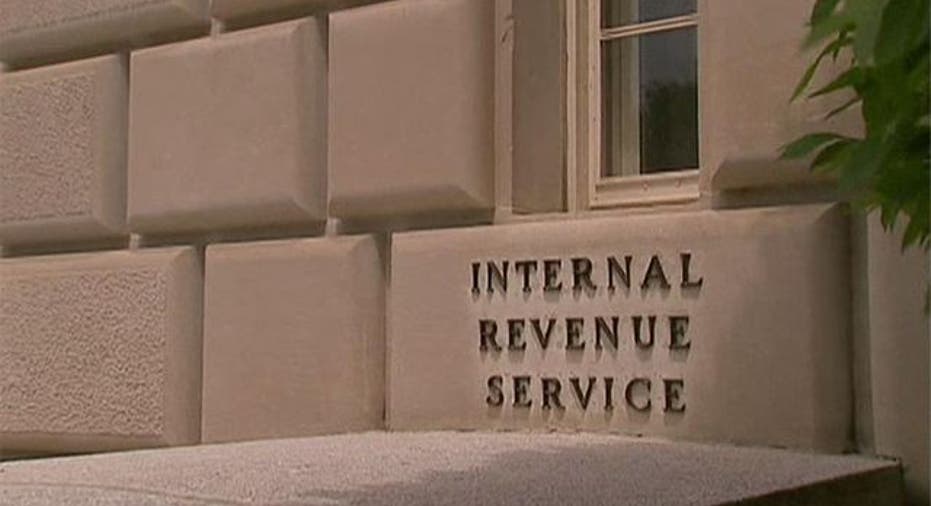IRS has $760 Million in Unclaimed Refunds

The Internal Revenue Service has $760 million in unclaimed refunds it wants to give to the rightful owners.
The cash is waiting for taxpayers who didn't file a 2010 tax return.
If you're one of the nearly 919,000 folks who didn't send in a Form 1040 back then, all you have to do is file that old tax paperwork by this year's April 15 deadline.
But don't miss this last-chance deadline for a tax refund. If you do, then the U.S. Treasury gets to keep your money. Forever.
Median refund of $571
The IRS estimates that the median unclaimed refund check from three years ago is $571. That means half of the checks are less than that, but half are more.
Taxpayers eligible for the unpaid refunds live in every state and the District of Columbia.
The state with the most unclaimed refunds is California. The 86,500 Golden State residents who didn't file three years ago are due a total of $69.8 million.
The 5 states with the most unclaimed refund money
State Unclaimed refunds Median refund amount
California 86,500 $518 Texas 80,600 $578 New York 57,400 $577 Florida 56,800 $620 Illinois 37,900 $626
Vermont taxpayers, on the other hand, appear to be quite tax-conscientious. Only 1,600 residents in that New England state didn't file in 2010.
And Alaska's 4,700 nonfilers have the chance to hit the biggest individual 2010 tax refund jackpot. The median check in that western state is $649.
An annual problem
Tax law says a taxpayer has three years to file a return and get the associated refund. Since the 2010 tax year returns were due by the April 2011 deadline, that three-year window allows these forms to be filed by the April 2014 filing due date.
The time-shift tax filing is not unusual. Unclaimed tax refund money piles up every year.
Some people may not have made enough money in 2010 to require them to file a tax return. Others simply didn't get around to filing and because there's no penalty for not sending in a return when no tax is owed, they didn't get notices from the IRS.
Whatever the reason, individuals who don't file risk losing tax money that is theirs and possibly even more.
And remember that if you didn't make much money in 2010, you might be eligible to claim the earned income tax credit, or EITC, for that tax year when you finally send in the return.
The EITC is available to individuals and families whose incomes are below certain thresholds. The 2010 tax year thresholds were: •$13,460 ($18,470 if married filing jointly) for those with no qualifying children. •$35,535 ($40,545 if married filing jointly) for people with one qualifying child. •$40,363 ($45,373 if married filing jointly) for those with two qualifying children. •$43,352 ($48,362 if married filing jointly) for those with three or more qualifying children.
Don't forget 2011, 2012
But just getting up to date with your 2010 return might not be enough.
The IRS says 2010 refund checks might be held if the taxpayers who finally file that year's return also failed to file tax returns for 2011 and 2012.
Check your records. If you missed those subsequent years, too, get those forms to the IRS as soon as possible.
The IRS forms and publications section has a link to prior year tax returns. You can download the 2010, 2011 and 2012 filing materials there.



















